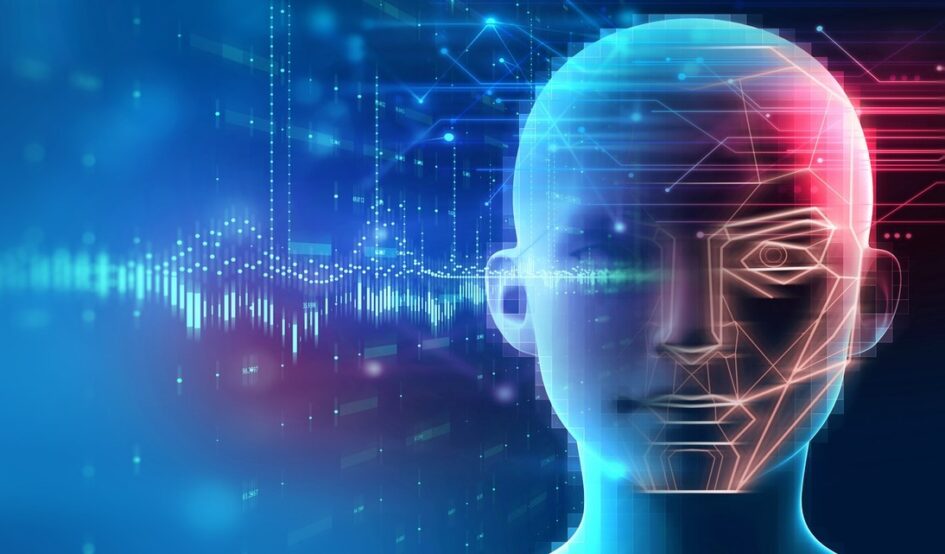By TOTT News
Out of all the technologies to emerge in the past couple of decades, facial recognition is one of the most controversial issues. Its benefits come at a price — a price that some deem too great.
How will biometric capabilities be implemented in the future? What are the concerns?
In the following, Chris Jones from TurnOnVPN offers a balanced perspective on the pros and cons of the technology, along with how it is used in society.
FACIAL RECOGNITION BENEFITS
Surely, you’ve heard of the myriad of ways facial recognition has been used to better the quality of life for many people, countries, and companies, but maybe not all.
For example, did you know that facial recognition has been used to combat gambling addictions?
Some casinos and resorts use facial recognition as a way to determine if the person behind the slot machine is a “problem” gambler or not. If they are, they can be barred from playing.
Besides helping to overcome addictions, facial recognition can be used to keep attendance and surveil anyone who walks into a building. This is mostly used for academic buildings, mostly schools, in an effort to make sure all kids are accounted for and a stranger doesn’t walk into the building.
Facial recognition can also be used for extra surveillance. Governments, law enforcement, and even companies can use facial recognition as a way to catch criminals before they have the chance to strike.
A PLACE IN THE FUTURE
Some may scoff at the advancements facial recognition promises, but it’s indisputable to say that facial recognition has its place in the world.
For one, facial recognition allows for more security in society. Special cameras can be placed on city blocks to deter any criminal activity from taking place, and these cameras won’t allow criminals to walk around in broad daylight without consequence.
Facial recognition will also allow advancements in the medical industry.
For instance, Face2Gene aids medical professionals in diagnosing rare genetic disorders in children. Facial recognition can improve medical processes tenfold.
Despite the benefits the technology can bring to society, a variety of concerns have also been raised surrounding the implementation of facial recognition.
RUIN OF THE TECHNOLOGY

I mentioned at the beginning of this article that every emerging technology has its pros and cons. While it’s easy to focus solely on the benefits, we need to take some time to talk about the drawbacks of facial recognition.
Better security comes at the cost of having your privacy invaded. Facial recognition has its ups and downs, and expecting the downs to be ironed out in the next decade is nothing but wishful thinking.
While overall security may experience improvement with facial recognition, it comes at the price of the personal privacy of everyone involved. No one will be able to walk down the street without being surveilled.
Advancements in the medical field may come too quickly, causing more errors than successes.
That’s not to mention the racial bias shown in cameras that sport facial recognition. Far too often, these cameras misjudge people just for the colour of their skin, raising false alarms and potentially hurting certain people.
There are some ways to try and eliminate the personal effects of facial recognition technology.
AVOID BEING TRACKED
Unfortunately, no matter how you feel about it, facial recognition technology is here to stay, problems, and all. And while I wish I could tell you that there’s an easy way to avoid facial recognition, there just isn’t.
You could wear a special type of mask, use a secure VPN to protect your privacy, and go the whole nine yards, but it won’t be guaranteed protection. However, it wouldn’t hurt to try.
For one, special masks, glasses, and clothes exist solely to confuse facial recognition cameras.
Also, try not to post any personally identifiable information on social media, especially selfies. A social media company can easily take your selfie and add your face to a database.
Be smart, be safe and be secure while online, and in person. Any inch that can be taken will, and your choices can help reduce exposure to the unavoidable downsides of mass facial recognition set to hit the world.

TODAY’S FEATURED BOOKS


